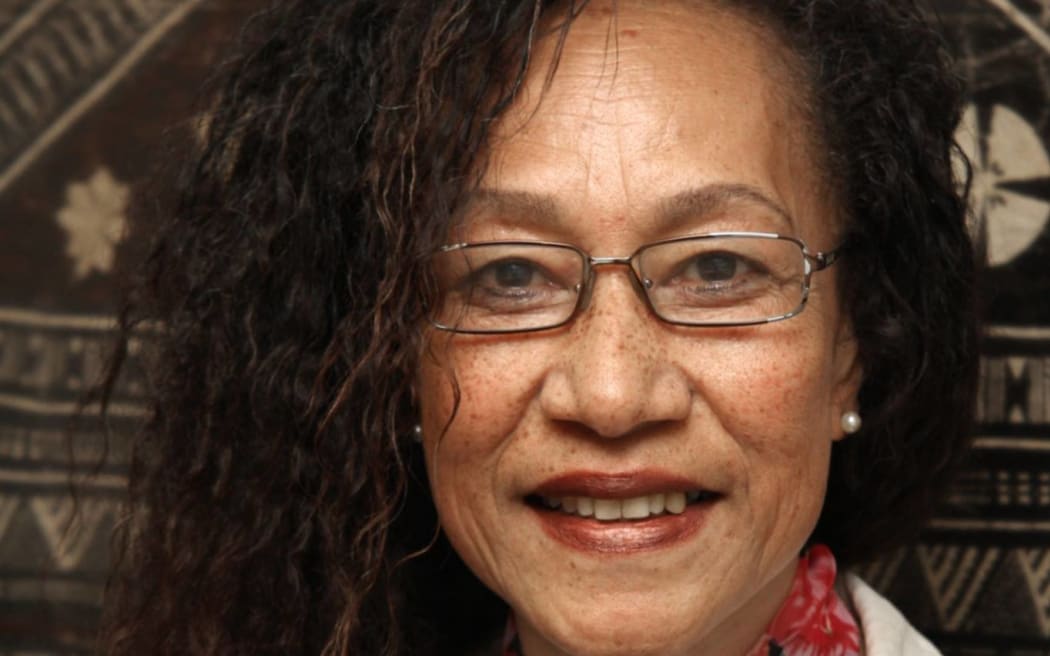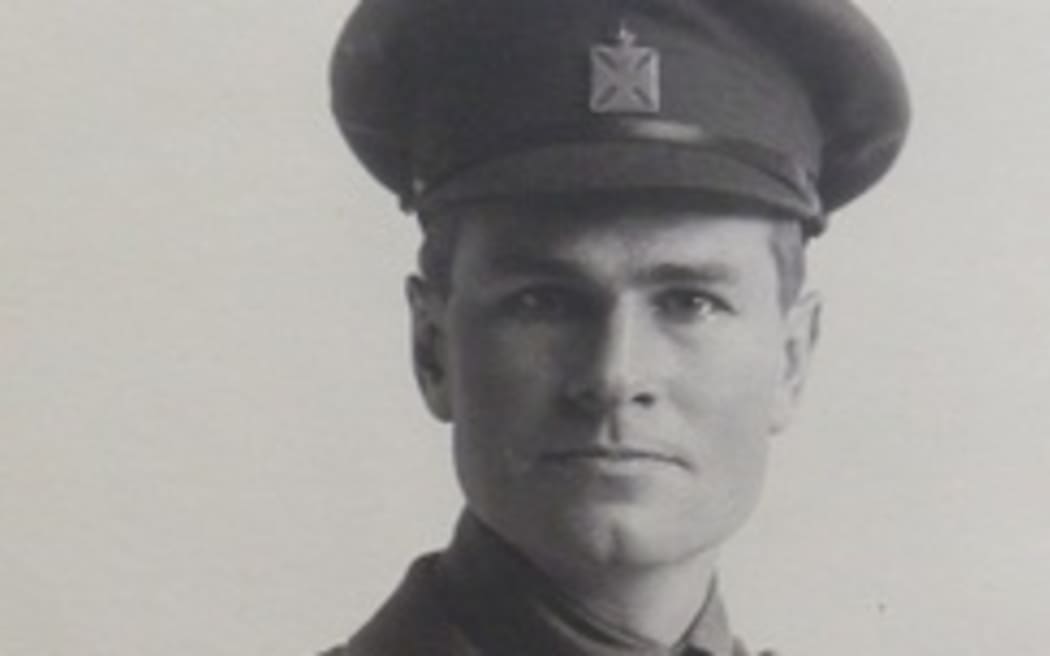By rnz.co.nz
A prominent Tongan linguist says the Tongan word for hello – “mālō e lelei” (Thanks for being well) – was not used as a common greeting in the Kingdom until it was mentioned in the works of an Australian missionary named Clerk Maxwell Churchward in the 1950s.


Vasalua Jenner-Helu, who is a researcher and senior lecturer at the ‘Atenisi Institute in Tonga, was recently accepted as a Visiting Academic in Linguistics at the University of Oxford in the UK where she brings her research on decolonising the Tongan language.
“When we look at the background of many Polynesian languages, they have been compiled and written by European missionaries who arrived to the Pacific mainly in the 19th and 20th century”, Jenner-Helu said.
“Our early wordlists which have been collected in Tonga by Europeans have not undergone any formal reviews…these people have conceptualised our language that we now accept as normal today.
“I’m trying to find Tongan words and phrases versus what Churchward has put in.”
Photo: Vasalua Jenner-Helu
Churchward was an Australian Methodist missionary who compiled and translated the entire Tongan language into English with the approval of the late King Taufa’ahau Tupou IV.
A fluent speaker in Tongan, Churchward authored the books Tongan grammar in 1953, and the bilingual Tongan dictionary: Tongan-English and English-Tongan in 1959 which was published by the Tongan government.
The former British Army chaplain is lauded in Tonga for his contributions to Tongan literature with his books still being used to teach the language at schools in the Kingdom and abroad.
“We must give credit to Churchward for his work”, Jenner-Helu said.
“There are many loan words like konifelenisi (conference) or siasi (church)….language is always evolving but at the same time, there are words, phrases and meanings that were not there in our original language.
“My study is an awareness study.”
Clerk Maxwell Churchward Photo: METHODIST CHURCH OF FIJI / ROTUMA/SUPPLIED
One of the phrases that Jenner-Helu said was not in common use in the past was “mālō e lelei” – now a standard greeting in contemporary Tongan. She said it may have been created by Churchward.
“Mālō e lelei is a made-up greeting, it’s very anglicised”, she said.
“We used to say ‘mālō ‘e tau lava’, ‘mālō e tau ma’u’ or ‘mālō e tau ma’u pongipongi ni’, these were the kind of greetings that were in Tonga before Churchward’s books.
“I guess Churchward had to create some kind of equivalent of hello but I don’t find mālō e lelei in any previous recordings of wordlists.”
Photo: John Martin
The phrase malo e lelei doesn’t appear to be mentioned in any literature prior to Churchward’s works.
The first fully translated bible in 1902 (still in use today) uses the salutation “Si’oto ‘ofa”.
John Martin’s 1817 book, An account of the natives of the Tonga Islands in the south Pacific Ocean, contains a glossary of Tongan words compiled from William Mariner, an Englishman who was held captive in Tonga between 1806 and 1810. It outlines several Tongan salutations using “mālō” with no mention of “lelei” (wellbeing).
“Some of the things that someone who compiles a language does is to find something that could be equivalent to words in their own native tongue,” Jenner-Helu said.
“Say an English person conceptualises ‘hello’ into ‘mālō e lelei’ and the shortened ‘hi’ into ‘male’, which is quicker to say than the phrases ‘malo e tau ma’u a pongipongi or malo e tau ma’u a ho’ata ni.
“Language is always evolving but at the same time we need to know that some of these words, phrases and meaning were not in our original language.”



